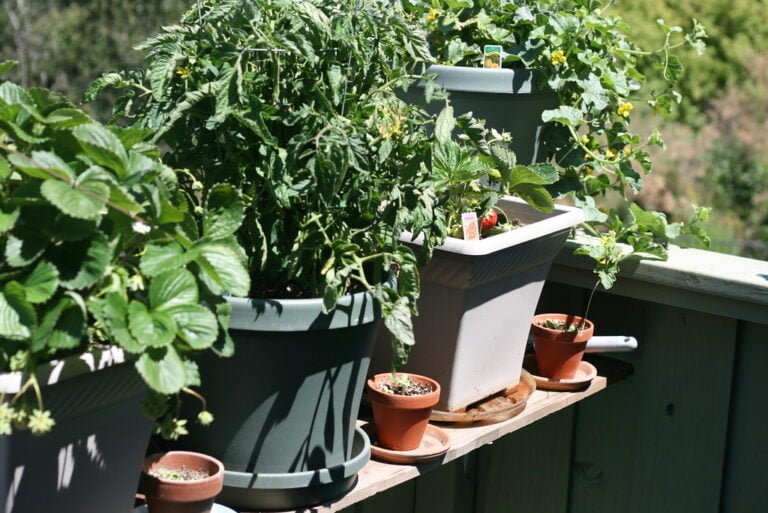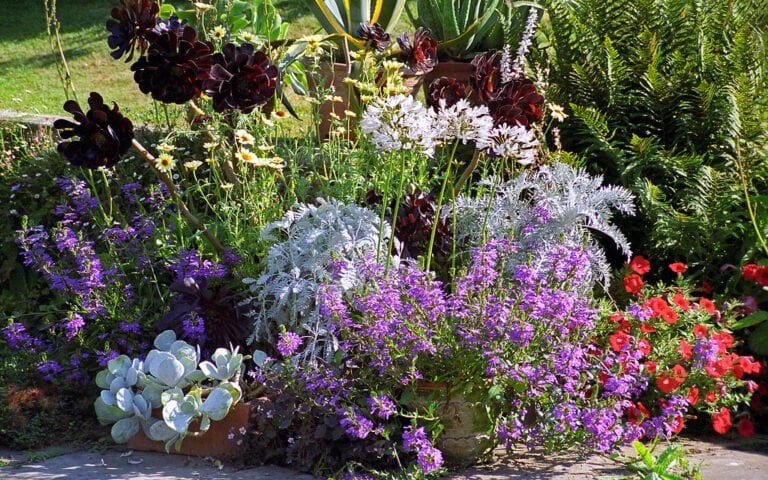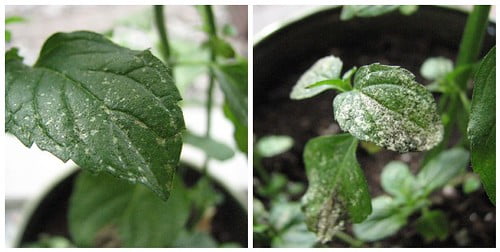Plants to Avoid Growing Near Onions
Are you looking to grow a successful onion garden? Well, before you start, it's important to know which plants to avoid growing near your onions. Certain plants can interfere with the growth and flavor of your onions. In this article, we will provide you with a list of plants to steer clear of when planting your onions. By avoiding these plants, you can ensure that your onions thrive and provide you with the best results.
Alliums
Avoid planting other alliums near your onions as they can compete for nutrients and space. Alliums, such as garlic, shallots, and chives, belong to the same family as onions and have similar growing requirements. When planted too close to each other, these alliums can hinder the growth of your onions. Their roots will stretch out and vie for the same resources, resulting in stunted growth and smaller bulb formation. Additionally, the dense foliage of alliums can shade the onion plants, reducing their access to sunlight. To ensure the optimal growth of your onions, it is best to plant them away from other alliums. Give your onions enough space to spread their roots and access the nutrients they need. By avoiding planting alliums near your onions, you can ensure a bountiful harvest.
Brassicas
To promote the optimal growth of your onions, it is important to be mindful of planting brassicas near them. Brassicas include vegetables like cabbage, broccoli, cauliflower, kale, and Brussels sprouts. While these plants are nutritious and delicious, they can negatively affect the growth of onions if planted too close together. Brassicas are heavy feeders and can deplete the soil of essential nutrients needed by onions. Additionally, they release compounds that can inhibit the growth of onions and other plants. When planning your garden, make sure to keep a distance of at least 4 feet between brassicas and onions. This will allow both plants to thrive without competing for resources. By practicing proper companion planting, you can ensure a bountiful harvest of onions and brassicas alike.
Legumes
If you frequently grow onions, you should be cautious about planting legumes in close proximity. Legumes, such as beans and peas, have a symbiotic relationship with bacteria in their roots that allows them to fix nitrogen from the air and convert it into usable form for themselves. Unfortunately, this process can deplete the soil of nitrogen, which is essential for the growth of onions. When legumes are planted near onions, they can compete for nitrogen, causing the onions to suffer from nutrient deficiency and stunted growth. It is best to keep a distance of at least 4-6 feet between legumes and onions to avoid this issue. By being mindful of the planting distance, you can ensure that both your legumes and onions thrive in your garden.
Solanaceous Plants
When planting onions, it is important to be cautious about growing solanaceous plants in close proximity. Solanaceous plants belong to the nightshade family and include tomatoes, potatoes, peppers, and eggplants. These plants release chemicals into the soil that can inhibit the growth of onions and affect their flavor. The roots of solanaceous plants also compete for nutrients and water, which can lead to stunted onion growth. To avoid these issues, it is recommended to plant onions at least 30 feet away from solanaceous plants. If space is limited, consider using containers to separate the onions from other plants. Additionally, rotating the location of solanaceous plants each year can help prevent the buildup of pathogens and maintain the health of your onion crop.
Carrots
Plant carrots near onions during the spring season for optimal growth and compatibility. Carrots and onions are a perfect pair in the garden. Both vegetables have similar growth requirements and can benefit each other when planted together. Carrots are root vegetables that thrive in loose, well-drained soil, and they have long taproots that can break up compacted soil. Onions, on the other hand, have shallow roots that occupy the top layers of the soil. By planting them together, the carrots can help loosen the soil for the onions, making it easier for them to grow and access nutrients. Additionally, onions can help deter pests that are harmful to carrots, such as carrot flies. So, by planting carrots near onions, you not only promote their growth but also create a natural pest deterrent.
Peas
As you continue to plan your garden, remember to avoid growing peas near onions. Peas are a popular vegetable that can thrive in many garden settings, but they should not be planted too close to onions. Onions release a substance called "thiosulfinates" into the soil, which can inhibit the growth of nearby plants, including peas. This chemical can affect the nitrogen-fixing bacteria that peas rely on for healthy growth. Additionally, peas and onions have different water and nutrient requirements, which can lead to competition for resources if planted together. To ensure the best results for both crops, it is recommended to plant peas and onions in separate areas of your garden. By doing so, you can maximize the growth and yield of both plants.
Beans
Did you know that beans should also be avoided when planting them near onions? Beans belong to the same family as onions, called the Allium family, which includes garlic, leeks, and shallots. When planted near onions, beans can negatively affect their growth and development. This is because beans have the ability to fix nitrogen in the soil, which can lead to an excessive amount of nitrogen available to the onions. Too much nitrogen can result in lush foliage growth, but stunted bulb development. To ensure the best growth and yield of your onions, it is recommended to keep them separate from beans. Instead, consider planting them near plants from the Brassica family, such as cabbage or broccoli, which can benefit from the nitrogen fixation provided by beans.
Potatoes
Avoid growing potatoes near onions as they can have a negative impact on their growth and development. Potatoes belong to the nightshade family and release a chemical called solanine, which can inhibit the growth of nearby onions. Solanine is toxic to many plants, including onions, and can stunt their growth or even kill them. Additionally, potatoes and onions have different soil nutrient requirements. Potatoes prefer a slightly acidic soil, while onions thrive in a more alkaline soil. Planting them together can cause imbalances in the soil, leading to nutrient deficiencies for both crops. To ensure healthy growth and development of your onions, it is best to keep them away from potatoes and plant them separately in suitable soil conditions.
Corn
To maximize the growth and development of your onions, it's important to be cautious about planting corn nearby. While corn may seem like a good companion plant due to its height, it can actually hinder the growth of onions. Corn is a heavy feeder, meaning it requires a lot of nutrients from the soil. This can deplete the soil of essential nutrients that onions need to thrive. Additionally, corn creates shade as it grows, which can block sunlight from reaching the onion plants. Onions require full sun exposure to develop properly. Furthermore, corn has a dense root system that competes with onions for water and nutrients, further stunting their growth. To ensure the best results for your onions, it's best to avoid planting them near corn.
Asparagus
When planting onions, it is important to be cautious about growing asparagus nearby. Asparagus is a perennial vegetable that can spread and take up a lot of space in your garden. It has an extensive root system that can compete with the onions for nutrients and water. Additionally, asparagus releases chemicals that can inhibit the growth of other plants, including onions. This can negatively impact the yield and quality of your onion crop. To ensure the success of your onion plants, it is best to keep them away from asparagus. Plant your onions in a separate area of your garden or in containers to prevent any potential negative interactions with asparagus. By following this advice, you can grow healthy and flavorful onions without any interference from asparagus.
Conclusion
In conclusion, it is important to be mindful of the plants you choose to grow near onions. Avoid planting alliums, brassicas, legumes, solanaceous plants, carrots, beans, potatoes, corn, and asparagus in close proximity to onions. These plants can hinder the growth and development of onions due to various factors such as competition for nutrients, susceptibility to similar diseases, and negative interactions. By being aware of these potential conflicts, you can ensure healthier and more successful onion crops.






